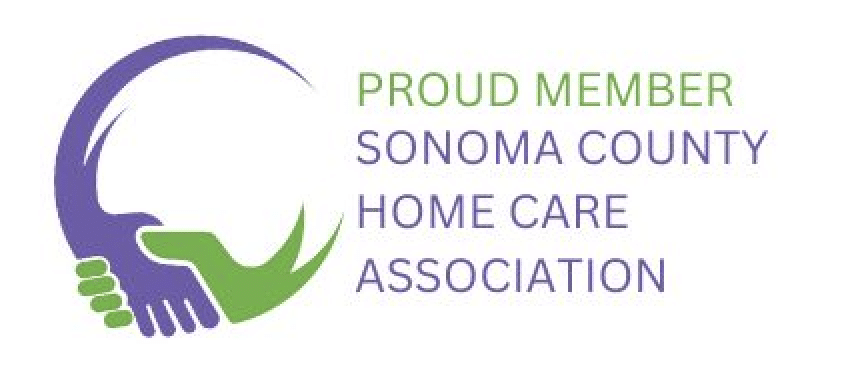Recognizing Stroke Symptoms: A Comprehensive Guide
You might worry about your elderly parents living at home. Stroke symptoms can scare anyone. Every 40 seconds, someone in the U.S. has a stroke. This means blood flow to their brain drops fast. Our guide will help you spot signs of stroke, such as sudden numbness, trouble speaking, or severe headaches. We’ll also show you how…







